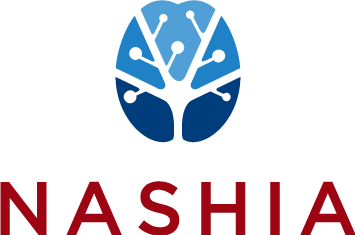Sexually Speaking: Brain Injury, Development and Behavior
Sexuality is an integral part of being human. Sexual development is one of the most significant stages in an individual’s life. Love, affection, and sexual intimacy contribute to healthy relationships, feeling connected and individual well-being. However, the physical, cognitive and emotional challenges stemming from brain injury can greatly affect an individual’s ability for healthy sexual development and the formation/maintenance of positive social and sexual relationships.
Join us for a three-part series on sexuality across the lifespan: development and disruption, forming and maintaining relationships and the complex presentation and treatment of individuals with hyposexuality and problematic sexual behavior.
Part 2: Addressing Problematic Sexual Behavior
Presenter: Fran LaVecchia, PhD
Problematic sexual behavior for individuals with TBI at home or in community living can be a barrier to independence, and justice-involved youth and adults seeking to return to school, work or community living.
This training will provide participants with a basic understanding of the neurological correlates of problematic sexual behavior (PSB) in persons with traumatic and other types of acquired brain injury and neurological conditions. Guidelines for recognition, assessment and management will also be reviewed and discussed.
Objectives:
· Describe the neurological correlates of problematic sexual behavior.
· List the assessments to be considered for persons who present with PSB and neurological disorders/diseases, as well as the potential consequences of misdiagnosis.
· Describe the guidelines for addressing and managing the, often complex, neurobehavioral disorders in persons with neurological disorders/diseases who exhibit problematic sexual behavior in community-based settings.
Francesca LaVecchia, PhD, is a senior level clinician with over 48 years’ experience in the field of clinical neuropsychology, and multiple clinical supervisory positions within the continuum of programs, serving adults and children with both acquired and congenital neurological conditions, including acute trauma care, interdisciplinary rehabilitation, neurobehavioral/psychiatric treatment and community-based, post-acute care.
Dr. LaVecchia served as Chief Neuropsychologist for the Massachusetts Rehabilitation Commission (MRC). She was instrumental in the development of clinically informed, community-based services for individuals with TBI/ABI. Currently, Dr. LaVecchia is a clinical consultant to the Brain Injury Association of Massachusetts and
Adjunct Assistant Professor of Psychiatry at Boston University School of Medicine, where she was member of the Core Faculty of the Behavioral Neuroscience doctoral program (1984-2020).
